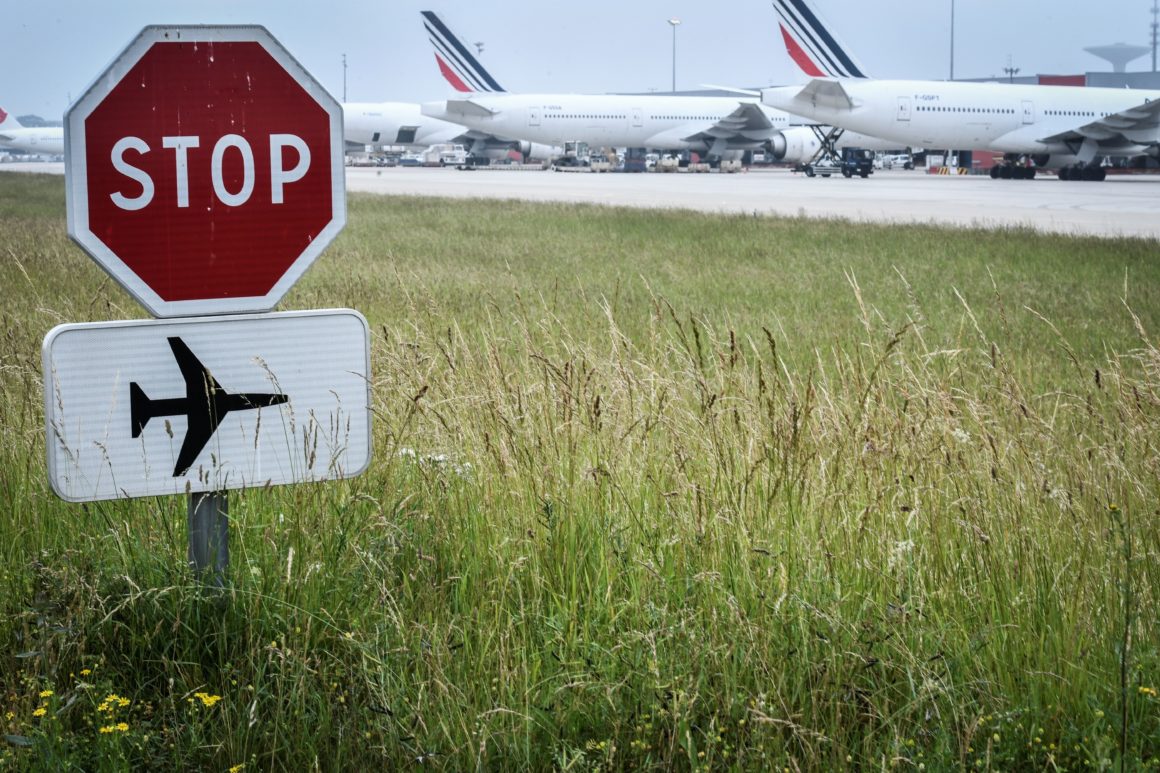As businesses, schools, and regular life have been put on hold in light of COVID-19, big American cities such as New York, Los Angeles, and Seattle have witnessed a dramatic drop in air pollution. Regions that are normally filled with cars have also noticed steep declines in carbon emissions.
Through economic shutdowns, the COVID-19 pandemic has led to a substantial reduction in the use of fossil fuels. For example, China witnessed a 25 percent drop in emissions in February, equivalent to 200 million tons of carbon dioxide.
As countries cautiously move toward opening up their economies again, The Globe Post spoke with Ellen Douglas, a professor at the University of Massachusetts Boston. In 2016, Douglas was awarded The Norman B. Leventhal Award for her research on climate change in Boston. With a Ph.D. in water resources engineering and her experience in conducting research projects on climate change, Douglas is deemed an expert on this subject.
The interview has been lightly edited for length and clarity.
The Globe Post: To start off, will the virus help or harm the climate?
Douglas: Are you talking about whether the virus has an impact on the climate?
The Globe Post: Yes.
Douglas: It’s already, I’m sure, having an impact on CO2 emissions. I should actually look, but given there’s been this drastic drop in transportation and air travel, I’m sure we will see the CO2 monitoring metrics drop just as we’ve seen the price of oil drop because of the complete drop in demand.
This short-term drop, over a few months or even a year, how dramatic that is in changing the overall effects of climate change? That’s a really good question.
The level of global fossil CO2 emissions at the peak of the economic shut down due to COVID-19, April 7, was the same as an ordinary day in 2006, with its economy fully open.
Goes to show the extraordinary growth in fossil fuel energy of past 14 years.https://t.co/33cXwWZ4Wf pic.twitter.com/x6NP1a2ewC
— GlobalCarbonProject (@gcarbonproject) May 20, 2020
We may see a small blip in global temperatures in the same way that you see a small blip after a volcano erupts: the volcano erupts and then excuses aerosols into the atmosphere, which depending on how large the eruption is, cause a change in global temperatures. For example, in 1816, Mount Tambora erupted, causing the “ year without a summer” because temperatures dropped after the eruption.
We will certainly be able to see the impact of the pandemic in metrics like CO2 emissions, but because the disruption is so temporary (depending on how quickly the global economy picks back up), we may not see a global temperature response.
Did that answer your question?
The Globe Post: Yes, it did. Thank you. When the coronavirus pandemic is officially over, would it be acceptable to resume long-distance traveling in light of the climate crisis?
Douglas: Well, that’s the big question they’re all talking about now, right. As always, people are saying business as usual isn’t all that great from a lot of perspectives, not just from a climate perspective, but from personal perspectives.
Maybe we should take this opportunity to think about how we can change things. If I were to put money on it, I would say that as soon as the restrictions open up, we’re going back to business as usual.
For example, I live in New Hampshire and I work in Boston. I haven’t had to commute for the last month. When the time comes to start commuting back to Boston, how will that affect me? Will I get myself in the same tizzy as I was before?

Boston has the dubious distinction of being the most congested city in the country by some measures. The big question is, how do they deal with that level? After we stopped having to commute and everybody started working from home, I’m hoping that a lot of companies will realize that maybe the solution is just not to require people to come to work as much. We can work at home and we can still get stuff done.
I’m hoping that many of us, individually as well as collectively, will be able to implement some of these solutions we’ve been forced to achieve.
The Globe Post: Since the demand in oil is so low, which is good for carbon emissions, how do you think the use of oil will be affected in the long run?
Douglas: Dropping our emissions substantially has an impact on the climate and the weather. I think it will be an impetus for a lot of people to push harder on these policies. It gives us one more piece of evidence that says we weren’t kidding; we weren’t just making this stuff up. There really is an effect, and the things that we do, that I do in my car when I commute to Boston, really does have an impact on the globe.
And the other thing that I’ve been thinking right from the beginning of this is that climate deniers believe that denial is the best strategy. I also think the one trend that we can use for that from the coronavirus is that denial of the virus has proved to be a very bad strategy, in preparing and in coping. I’m hoping we can use that analogy to show that denying the climate is no better strategy than denying coronavirus.
The Globe Post: My last and final question. Do you think our COVID-19 response, with efforts to revive the economy through stimulus plans and the bailouts, saved the climate crisis for the decades to come?
Douglas: You mean, will our economic stimulus packages affect how we proceed with climate change preparation?
The Globe Post: Yes.
Douglas: You know that in that way, that can only be bad because they’re printing so much money right now. We’re just going further into financing and into remortgaging the future. The more money we’re spending now, the more we’re mortgaging the future, and the less we’re going to have to deal with our future crises and the climate.
The economic stimulus packages right now probably are not good news for disaster preparedness in the future.























